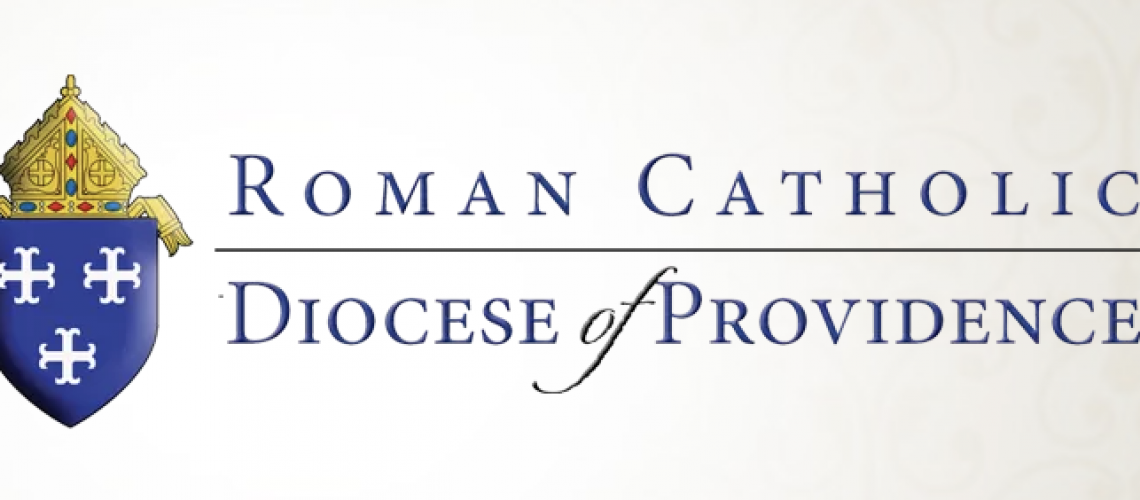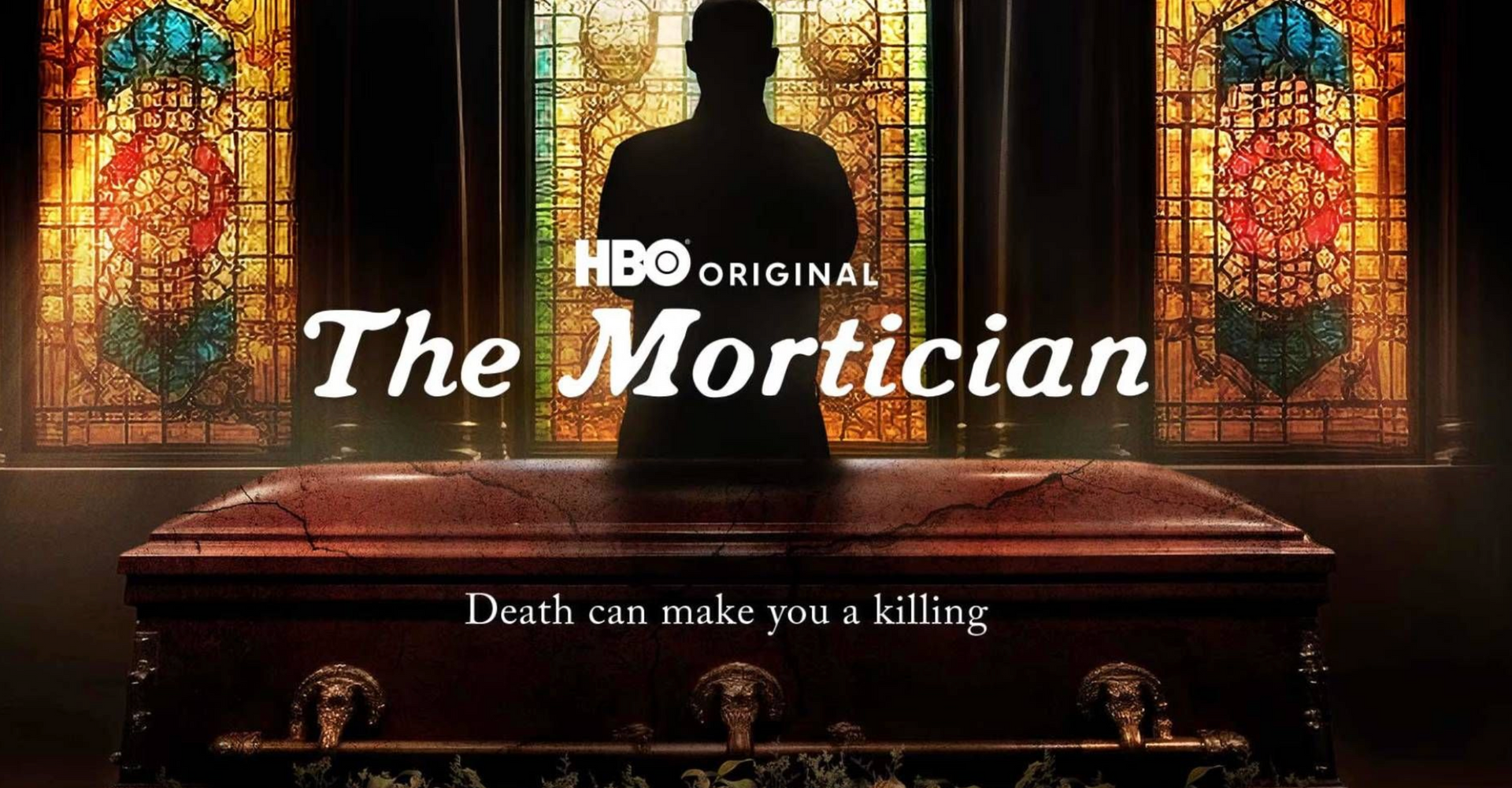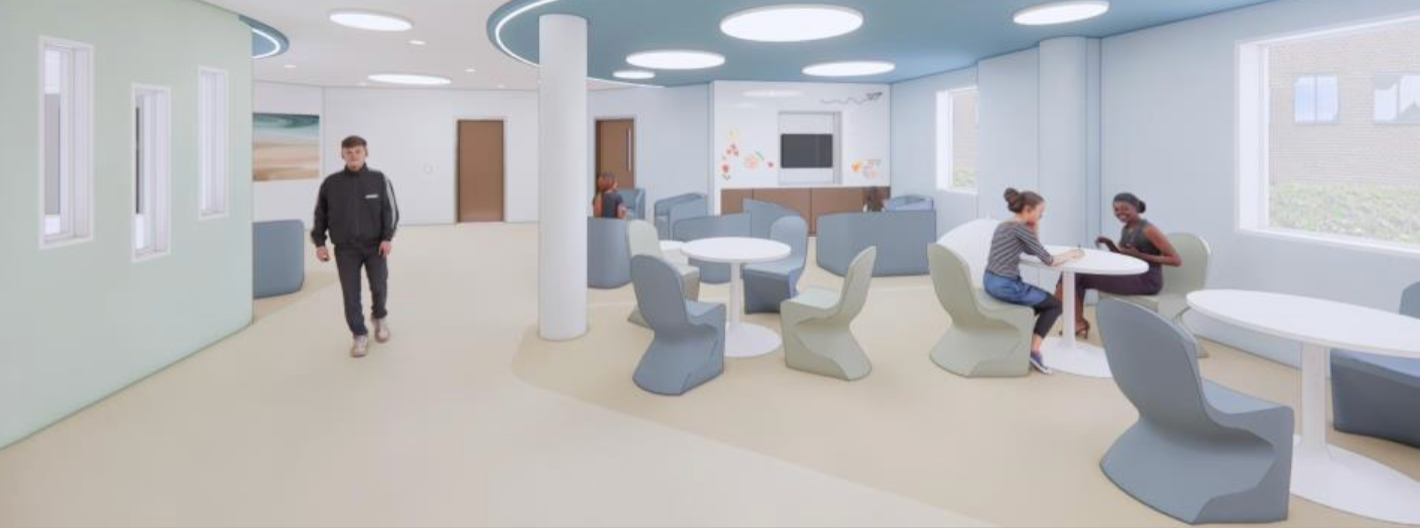Q&A with Deacon Paul St. Laurent
Q&A with Deacon Paul St. Laurent
The post Q&A with Deacon Paul St. Laurent appeared first on Newport RI | Memorial Funeral Home.
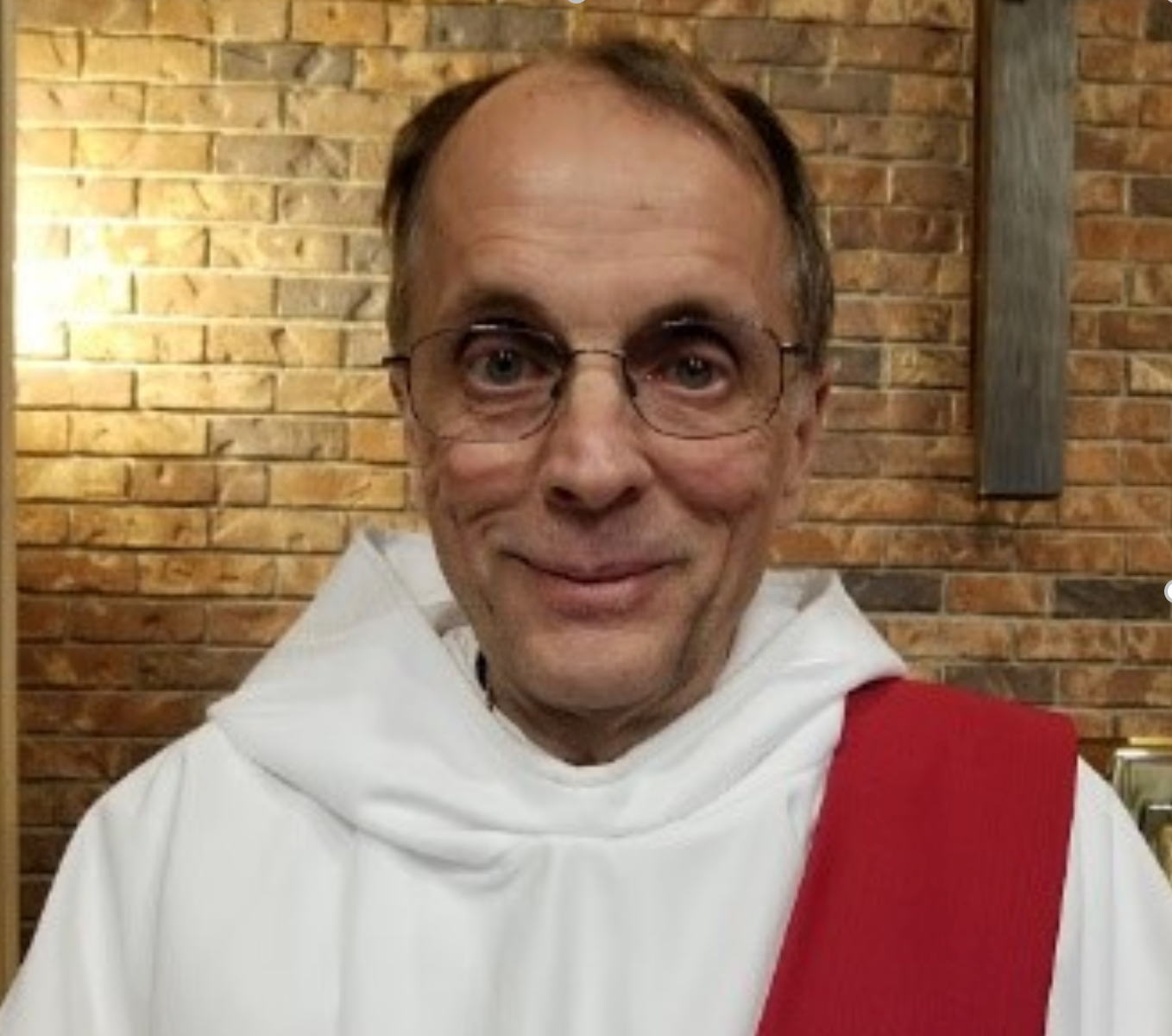
Deacon Paul St. Laurent is a familiar face at St. Anthony’s Catholic Church in Portsmouth, Rhode Island. For nearly a decade, he has accompanied many on their spiritual journey through life. Before the pandemic he would often visit patients at Newport Hospital. He recently received a doctorate in ministry from Fordham University in New York. We asked Deacon Paul to tell us a little bit more about his recent accomplishments, as well as what led him to a life of ministry.
1. Deacon Paul, where are you originally from?
I was born and raised in Fall River. I have a BA from Providence College and an MA from Boston University, both in mathematics. I left New England to take an engineering position with Hughes Aircraft Company in Fullerton, California, working on air defense, air traffic control, and information systems. A good portion of my career was spent as a program director in the field, in Europe and the Middle East. Along the way, I earned an Executive MBA from the Claremont Graduate School in California. My last position was director of engineering in Reston, Virginia.
2. How long have you been in Rhode Island?
After Hughes merged with Raytheon, I returned home be closer to family, settling in Portsmouth in January of 2007. I took a position as general manager of the North Tiverton Fire District, an independent water agency. It was during that time that the Diocese of Providence opened up the program for permanent deacons. To be a deacon is to answer an interior calling to serve the people of God in a ministry of the liturgy, of the word, and of charity as an icon of Christ. After four years of formation and a master’s degree in theological studies, I was ordained in February of 2013. I was assigned to St. Anthony Catholic Church. Until the start of the pandemic, I provided regular pastoral visits to patients at Newport Hospital. It is a great joy to accompany others on their spiritual journey through life, especially in their times of need.
3. What made you want to pursue a doctorate?
A doctorate in ministry at Fordham University in New York enhances my knowledge and capabilities in the area of practical theology, building on the foundation established during diaconate formation and acquired through experience. Practical theology takes practices that bear on faith as material for reflective activity. As with any occupation or vocation, things change over time and there is always something new to learn. I am a strong proponent of continuing education.
4. Can you explain a bit about the program and what you had to do? Was it in-person or online?
The Doctor of Ministry program at Fordham consists of 36 credits of learning in a combination of asynchronous on-line and intense on-campus courses. Typical classes included: Theology of Ministry, Contemporary Christian Spirituality, and Theology of Pastoral Counseling. The program requires the writing of a dissertation related to one’s area of ministry. The title and subject of my dissertation is “Homiletic Training in a Diocesan Program of Formation for Permanent Deacons: Making It the Best It Can Be”. Over the past two decades, study after study has shown that there is a need for improvement in homilies, both content and delivery. My findings have been shared with the Diocese of Providence and several other dioceses and seminaries across the country.
5. What insight did you gain from the program?
Ministering is not limited to the physical boundaries of a parish. Jesus the Christ was less active in the synagogue than he was outside of it. His mission and ministry were very much focused on inclusion rather than exclusion, especially toward the marginalized. One specific area of insight is death, dying, and bereavement. The grief work process has direct applicability to ministering at wake services, funerals, and committals.
6. How do you hope to implement what you learned in the program into your vocation and work in the community?
My new learning opens the door to new opportunities to serve more people, in more places, and in different situations, and to serve them better. It also means my living the faith beyond Sunday and weekday liturgies, baptisms, weddings, and funerals. My hope is that it helps me live my vocation to the fullest extent possible.
